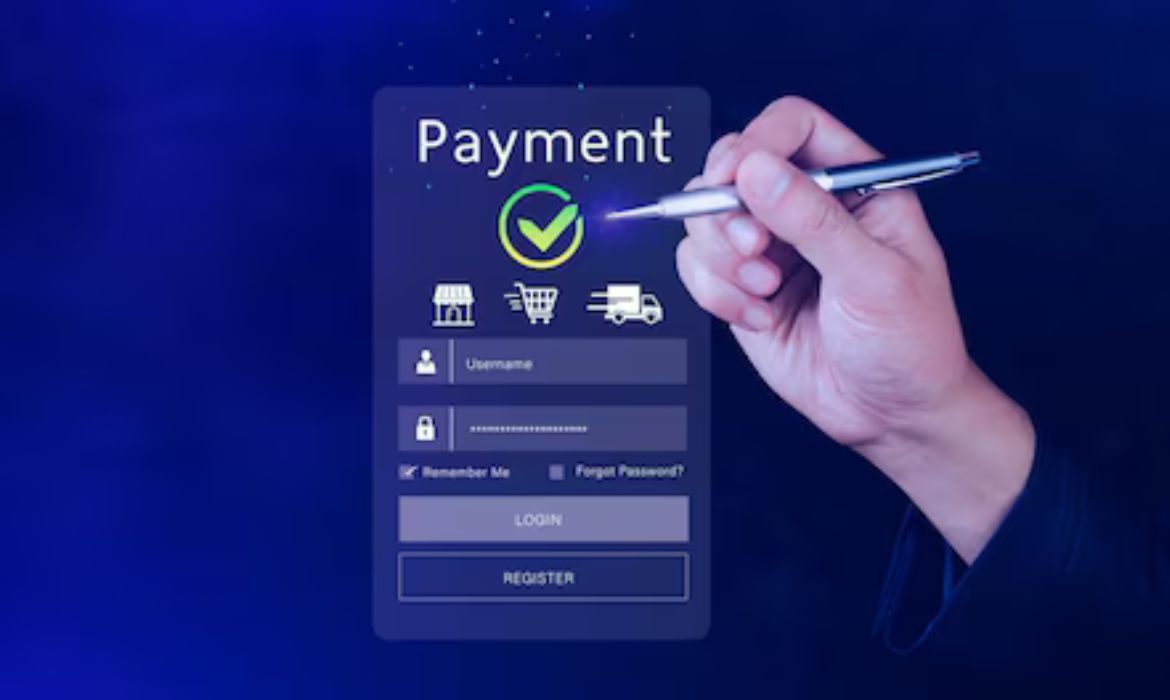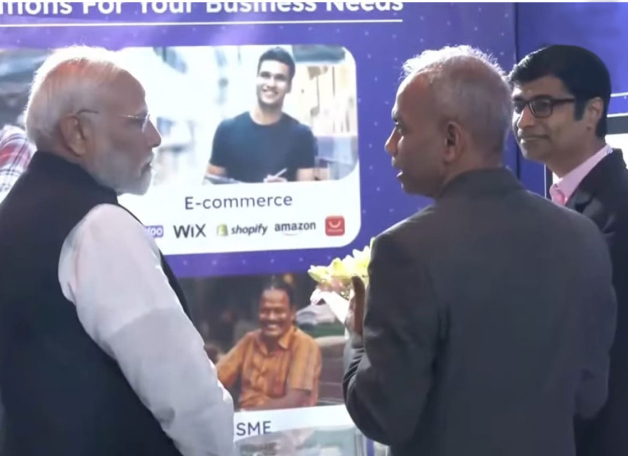International exports have increased significantly, and cross-border payments are expected to reach $290.2 trillion globally by the year 2030. With this, the problems faced by business owners and individuals receiving cross-border payments are also increasing.
Payments often take 5 to 7 working days to reach sellers, with high transaction and currency conversion fees eating into their earnings. On top of that, the lack of transparency in these charges can make it harder to track costs and impact your overall profitability.
There are various payment processors available in the market, one of them being BRISKPE, that can help you seamlessly operate your business with better cash flow. Let us understand the different types of payment processing fees and how they impact businesses dealing with cross-border payments.
What are payment processing fees?
Payment processing fees are the charges incurred by any merchant when they accept online payments, especially international payments. These fees cover the cost of processing credit card transactions, debit card payments, and other forms of digital payments.
To effectively manage payment processing costs, it is necessary to understand the types of fees, which vary depending on the payment method, transaction size, currency conversion, and geographic location.
Also Read: How to connect your PayPal account to BRISKPE?
Types of payment processing fees
There are a few types of payment processing fees that have been discussed below-
- Sender fees
One of the most common types of fees charged by payment processors is transaction fees. They are usually a percentage based on the transaction value including a flat fee decided by the processor. For example, they might charge 2.5% as a transaction fee i.e., for each transaction, 2.5% of the total invoice amount will be deducted by the payment processor.
But with platforms like BRISKPE, the transaction fee is as low as 1% including GST which makes it a more cost-effective solution for businesses handling high volumes of cross-border payments.
- Currency conversion fees
When it comes to cross-border payments, the merchants also have to incur currency conversion fees. These fees typically cover the cost of converting a foreign currency into your local currency. The currency conversion fees depend upon the current currency rate and range between 1% to 3% depending upon the transaction amount.
For exporters and business owners, BRISKPE offers competitive conversion rates which can help them to minimize the cost associated with foreign exchange transactions.
- Receiver fees
Receiver fees are another critical cost associated with cross-border transactions. These fees are charged by the recipient’s bank or payment processor for handling and crediting the incoming funds. Typically, receiver fees vary depending on the bank, the transaction’s country of origin, and the intermediary banks involved.
For example, some banks may deduct $10 to $30 as receiver fees before the amount is credited to the beneficiary’s account. Such deductions can impact the net amount received, especially for small businesses or freelancers managing frequent international payments.
- FIRA fees
Foreign Inward Remittance Advice (FIRA) fees are levied for issuing a document that serves as proof of international payment received. This document is crucial for exporters and businesses to meet compliance requirements, such as reporting to regulatory bodies or availing tax benefits. Banks or financial institutions typically charge a fee for generating and providing FIRA, which can range from a few hundred to a few thousand per transaction depending on the service provider.
BRISKPE simplifies this process by offering free e-FIRA. This not only reduces compliance costs but also ensures businesses have seamless access to essential documentation, streamlining their operations and saving valuable time.
How payment processing fees affect businesses?
Payment processing fees directly impact a business’s profit margin. In the case of a business operating with a 5% profit margin and paying a 3% transaction fee, more than half of its profit is lost in payment processing fees.
Moreover, cross-border transactions involve additional fees which are mentioned above. These costs must be closely monitored to boost profitability.
Also Read: How to pay taxes as a freelancer?
Tips for reducing payment processing fees
Here are some tips that can help you reduce payment processing fees-
- Choose a cost-effective payment processor
Choosing the right payment processor can make a huge difference in cross-border transactions. Look for a platform that provides transparent and competitive pricing. BRISKPE, for example, offers international payments with less than 1% transaction fees, ensuring businesses can save significantly on payment costs.
- Optimise currency conversion
When you work with international clients, you can save quite a bit of money by using a payment processor that offers competitive currency conversion rates. BRISKPE’s cost-effective conversion rates are an excellent way to reduce costs on foreign transactions.
3. Avoid intermediary banks
When making international transfers, choosing a payment platform that minimizes the involvement of intermediary banks can significantly lower fees. Each intermediary often adds a fee for processing the transaction, increasing your overall costs. BRISKPE eliminates unnecessary middlemen and ensures that your payments are direct and cost-effective.
Why is BRISKPE the best choice for cross-border payments?
BRISKPE’s mission is to help Indian businesses with easier, faster, and more transparent cross-border payments. What sets BRISKPE apart from other platforms are-
- Payment within 24 hours
- Transaction fees under 1% (including GST)
- Instant e-FIRA for easy compliance without any additional charge
- Real-time transaction update via mobile app, and
- Competitive currency conversion rates
- Payment links for international card payments
With BRISKPE, businesses will be able to manage their cross-border payments seamlessly and maximize their revenue.
Conclusion
For any business involved in international transactions, they must understand the payment processing fee. It’s easy to add up costs when dealing with fees, currency exchanges, and cross-border charges. However, it is possible to significantly reduce these fees by using a trustworthy, transparent payment processor, such as BRISKPE, which makes international transactions more efficient and cost-effective.








